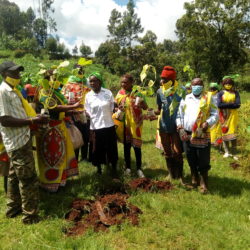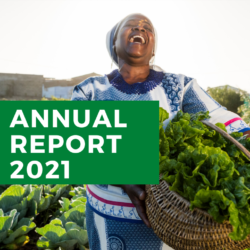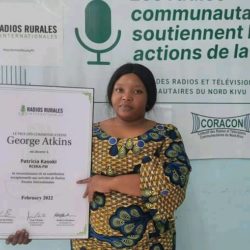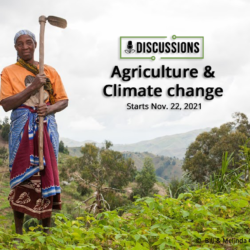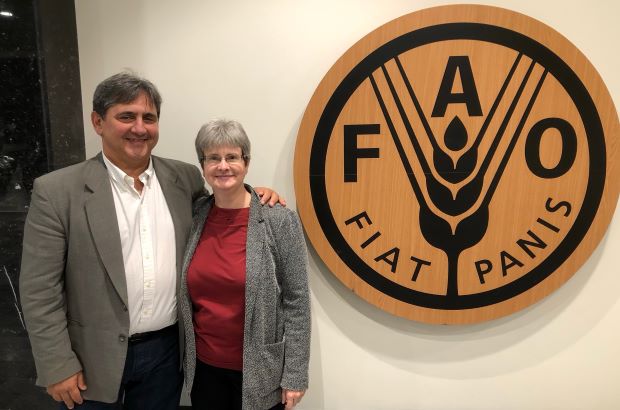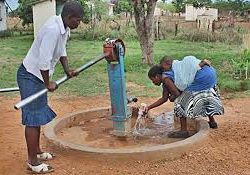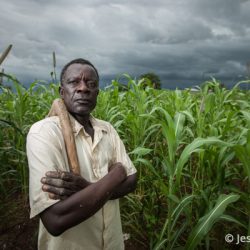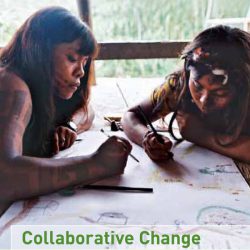Championing Climate Action in Meru County – Kiamiriru Mpuri Environment and Conservation Group
Rising temperatures, uncertain rainfall patterns and extreme weather events are the notable effects of climate change in Kenya. Many rivers are drying up or becoming seasonal because their sources upstream have been compromised. This is the case of many small rivers in Meru County that sustain livelihoods in semi-arid areas downstream. These glaring threats to livelihoods inspired the North Imenti women to form the Kiamiriru Mpuri Environmental Conservation group, which

